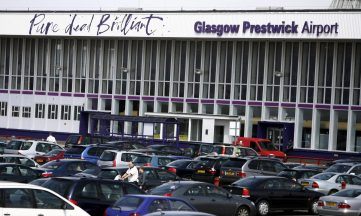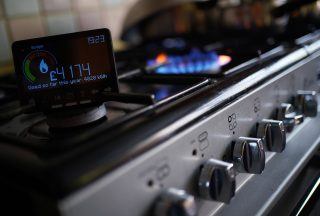There was a 50% drop in the number of patients attending cardiology services for heart problems during lockdown, a new study suggests.
And the number of heart attacks diagnosed during lockdown reduced by 40% compared with pre-Covid-19 times, according to the study published in the journal Open Heart.
Researchers examined data from Dumfries and Galloway Royal Infirmary and Golden Jubilee National Hospital in Glasgow in the periods prior to, and during lockdown.
They found that all areas of cardiology services saw “significant” reductions in the numbers of patients attending during lockdown, including referrals, outpatient clinics, investigations, procedures and cardiology community services such as heart failure and cardiac rehabilitation.
But during the second month of lockdown, services started to pick up again, they found.
The reasons behind the dip include the prioritisation of NHS services, reduced access to GP services and patients reluctance to seek help, the authors said.
Meanwhile a separate study, published in the journal Stroke and Vascular Neurology, showed that US hospital admissions for stroke fell by almost a third during lockdown.
Commenting on the research, Professor Sir Nilesh Samani, medical director of the British Heart Foundation, said: “These studies show the profound impact that the Covid-19 pandemic has had on cardiology services, and also highlights the need for people with heart and circulatory diseases to regain the confidence to seek hospital treatment and care in urgent situations.
“Hospital tests and procedures used to diagnose and monitor a range of heart and circulatory conditions are often among the vital first steps in someone’s treatment journey.
“Delaying them could have a domino effect on the rest of their care, preventing them from accessing the specialist treatments they may need in time.
“This could lead to patients becoming more unwell as they await care and, ultimately, more deaths.”
The studies come as a new report released by heart failure charity Pumping Marvellous and Roche Diagnostics highlights gender differences in heart failure care.
A poll of 625 Britons diagnosed with heart failure found that 44.5% of women surveyed were incorrectly diagnosed with another condition before receiving their heart failure diagnosis, compared with 22.7% of men.
And men said they waited on average 3.6 weeks to receive a formal diagnosis after their initial GP visit, while women waited on average just over 20 weeks.
Nick Hartshorne-Evans, chief executive of the Pumping Marvellous Foundation, said: “Early diagnosis of heart failure can be the difference between life and death. Yet patients are facing a battle to get a timely diagnosis.
“This report highlights the hidden victims of heart failure and reveals the stark inequalities that women in particular are facing, with symptoms failing to be spotted, drastically impacting quality of life and resulting in unacceptable survival rates.
“With Covid-19, the situation is only going to become worse, with an increasing backlog and strained services.”
Follow STV News on WhatsApp
Scan the QR code on your mobile device for all the latest news from around the country


 Pixabay
Pixabay























